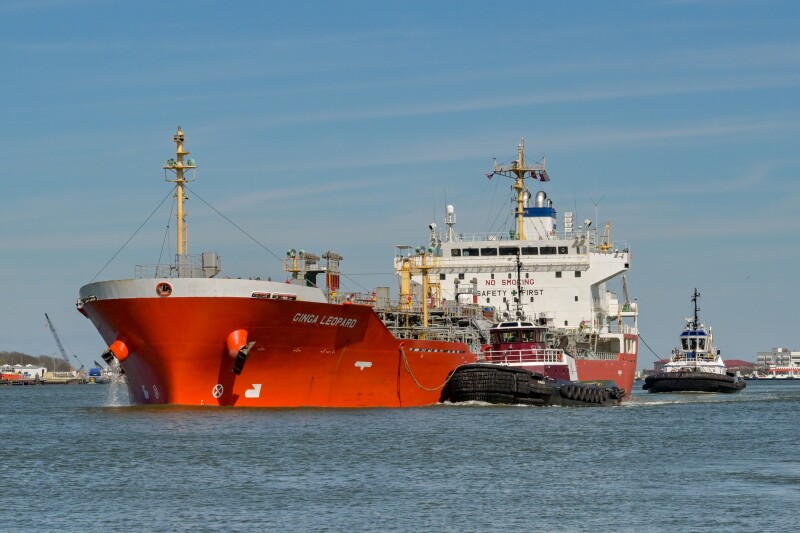The House Transportation and Infrastructure Committee approved legislation to strengthen the U.S. supply chain and maritime industry, said committee chairman Rep. Sam Graves, R-Mo.
A summary released Monday by Graves’ office includes measures on maritime issues, U.S. ports and waterways:
H.R. 2390, the Maritime Supply Chain Security Act – introduced by Rep. David Rouzer (R-N.C). The bill strengthens security and operations at U.S. ports by clarifying that Port Infrastructure Development Program (PIDP) funds can be used to replace port crane hardware and software of Chinese origin.
H.R. 252, the Secure Our Ports Act of 2025 – introduced by Rep. Ken Calvert (R-Calif.). The bill bolsters national security by prohibiting certain foreign entities, including state-owned enterprises of China, Russia, North Korea, and Iran, from entering into contracts for the ownership, leasing, or operation of U.S. port facilities that are subject to security plans.
H.R. 2351, to direct the Commandant of the Coast Guard to update the policy of the Coast Guard regarding the use of medication to treat drug overdose, and for other purposes – introduced by Rep. Addison McDowell (R-N.C.). The bill strengthens the U.S. Coast Guard’s ability to confront drug trafficking – including cases involving unmanned or autonomous vessels and instances in which drugs have been hidden onboard a vessel without the crew’s knowledge. The bill also requires an update to USCG policy to help the Service better respond to opioid overdoses on bases and in USCG operational environments.
H.R. 2035, the American Cargo for American Ships Act – introduced by Rep. Salud Carbajal (D-Calif.). The bipartisan bill supports the U.S. maritime industry by requiring that 100 percent of cargo procured, furnished, or financed by the Department of Transportation be transported on U.S.-owned, privately-operated commercial vessels.
H.R. 1373, the Tennessee Valley Authority Transparency Act of 2025 – introduced by Rep. Tim Burchett (R-Tenn.). The bipartisan bill increases transparency by requiring meetings of the board of directors of the Tennessee Valley Authority (TVA) – an independent government corporation – and committees and subcommittees of the TVA board to be open to the public.
H.R. 1948, authorizing the International Boundary and Water Commission to accept funds for activities relating to wastewater treatment and flood control works, and for other purposes – introduced by Rep. Scott Peters (D-Calif.). The bipartisan bill allows the United States Section of the International Boundary and Water Commission (USIBWC) to accept funds from federal and non-federal partners to support water infrastructure projects.
Meanwhile, U.S. Transportation Secretary Sean P. Duffy said the DOT is clearing the way for 529 infrastructure grants, including nearly $12 million for the Manatee County Port Authority in Florida, announced in September 2022; $110 million for a North Carolina bridge to the Outer Banks, announced in January 2023; and $47 million for the Port of Baltimore, announced in December 2023.
Other projects include two in the DOT Port Infrastructure Development Program for $56 million, and two in the United States Marine Highway Program worth $6 million.
In a statement Duffy said “we’ve done this by refocusing the department on core infrastructure – not enacting a radical political agenda.”
Taking aim at the former Biden administration, the statement added “the Department has ripped out burdensome DEI (diversity, equity and inclusion), Green New Scam, and social justice requirements that Congress deliberately did not mandate. This includes social cost of carbon accounting, pointless greenhouse gas emission reporting, and discriminatory DEI language.”




